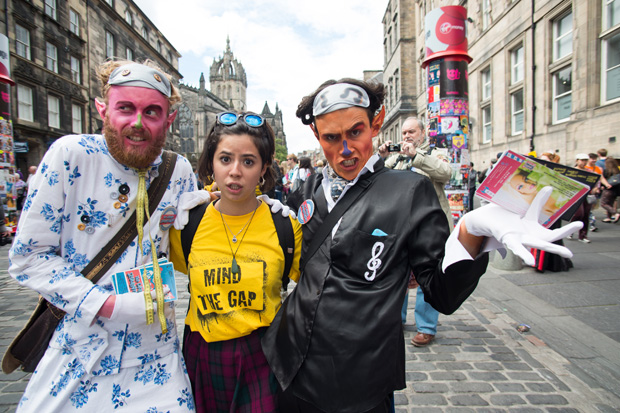after Robert Hooke, Micrographia (1665)
Their world is a glass of rainwater.
They move up and down through the clearness,
swallowing their way,
or hang by their tails from the surface:
tiny transparent caterpillars
with their bristled segments of body,
horned trophies of head.
The glass holds nothing that I can see,
but they find matter to eat in it,
which pulses through a black thread of gut.
They graze what they breathe,
the blank element they dangle in.
After some days, I observed their heads
to fatten and grow monstrous, the tails
to curl and dwindle.
They floated head-up now, like commas,
not feeding, yet they were still alive –
poked, they tumbled beneath the surface.
I studied their eyes,
now stippled with lenses, for flying.
One head cracked. A leg feelered the air,
and it hauled itself, wisp by wisp, out
of its case, and perched,
staring, on the skin of the water.
A gust of wing and it blew away
into the spaciousness of my room,
leaving its old self
afloat in the glass, a raft of husk.
Got something to add? Join the discussion and comment below.
You might disagree with half of it, but you’ll enjoy reading all of it. Try your first month for free, then just $2 a week for the remainder of your first year.











